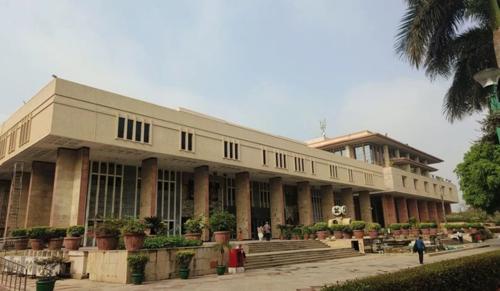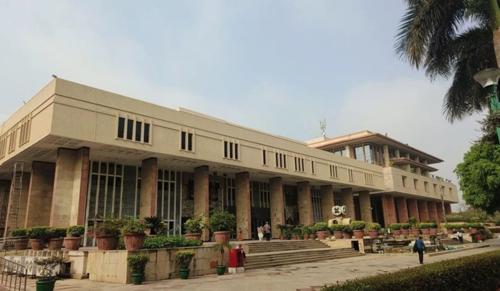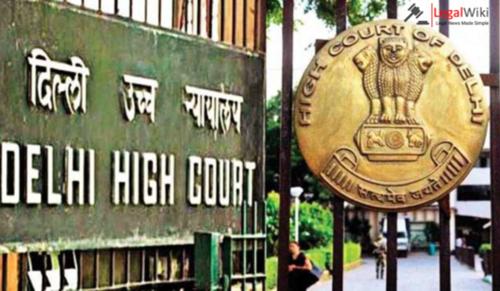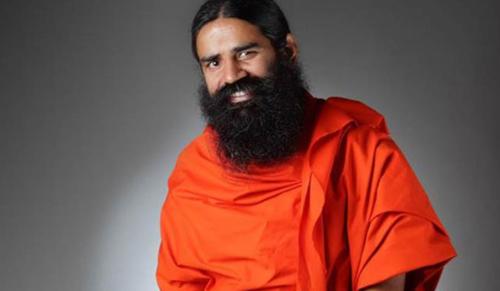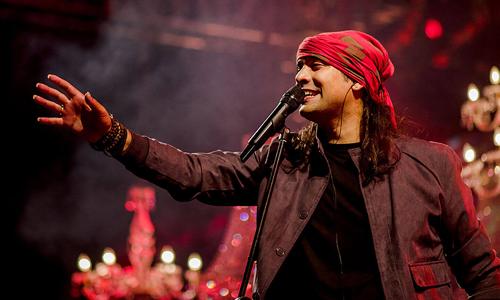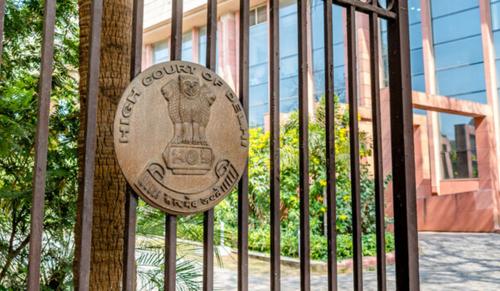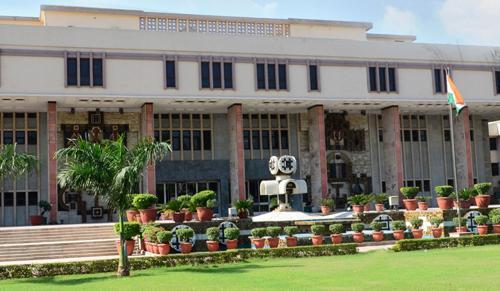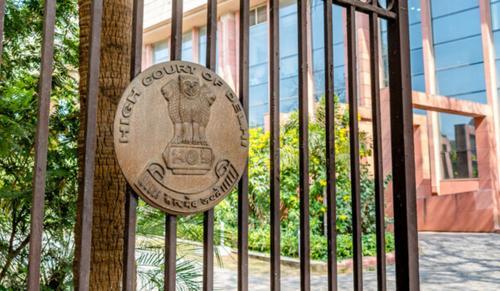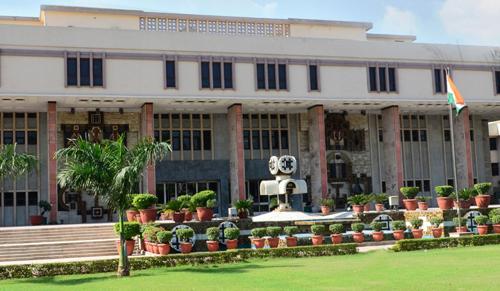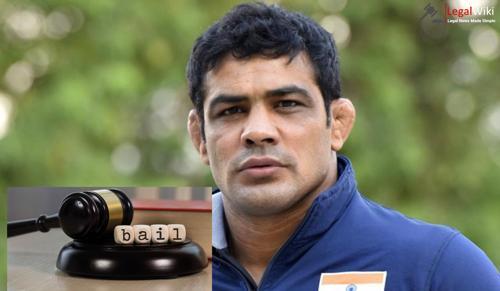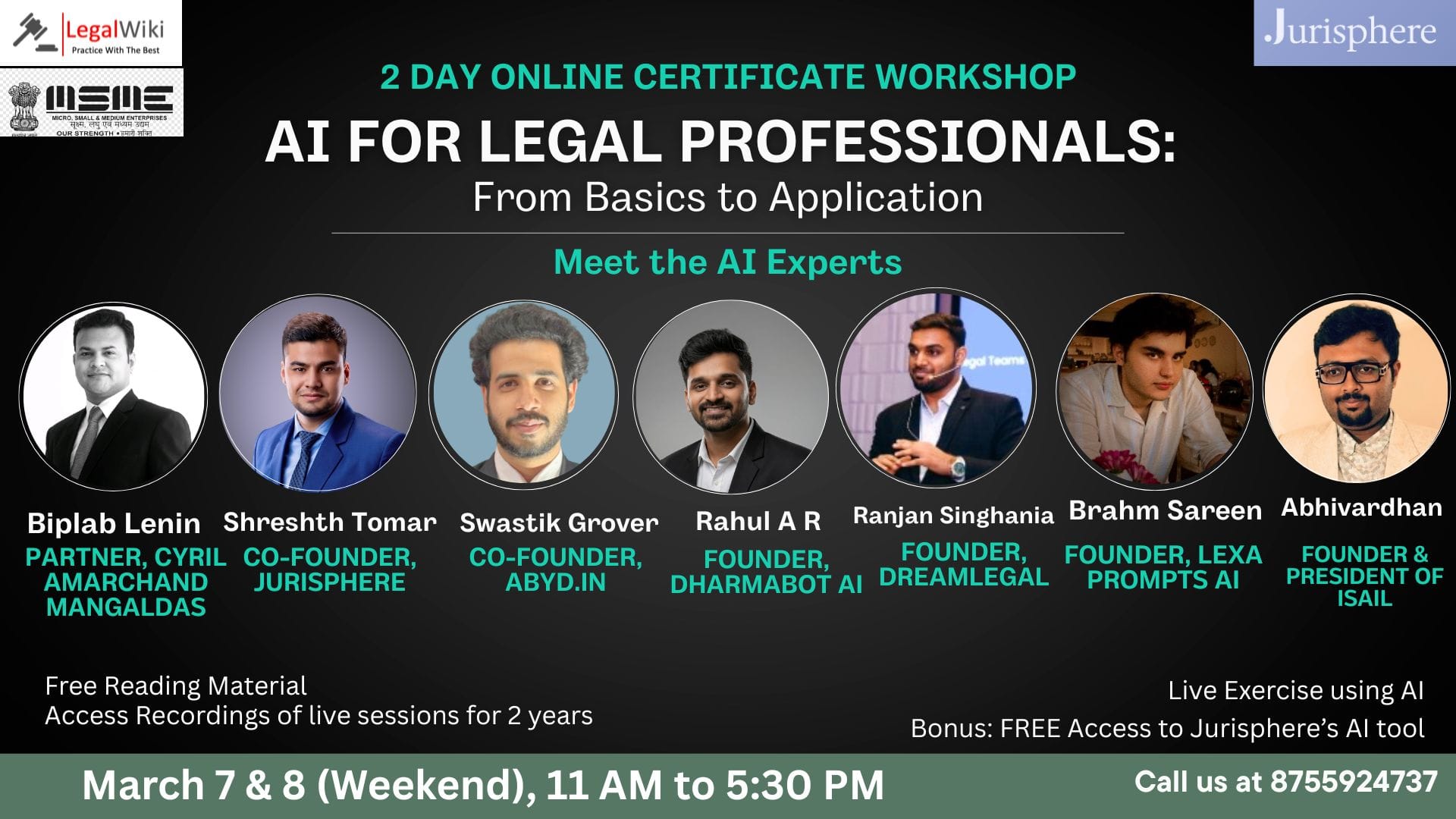The Delhi High Court has held that a mere romantic break-up does not amount to abetment of suicide under Section 108 of the Bharatiya Nyaya Sanhita.
Justice Manoj Jain observed while granting bail to Noor Mohammad, accused of abetting his former girlfriend’s suicide by allegedly pressuring her to convert her religion.
The Court noted the absence of any suicide note or dying declaration attributing blame. It stressed that “instigation” must be of such intensity that it leaves the deceased with no option but to take the extreme step.
Finding no material showing such provocation and noting a time gap between the break-up and the death, the Court granted bail subject to conditions.
